NIH awards $55 million to build million-person precision medicine study
Launch expected later this year.
Send us a link
Launch expected later this year.
The technique's first test in people could begin as early as the end of the year.
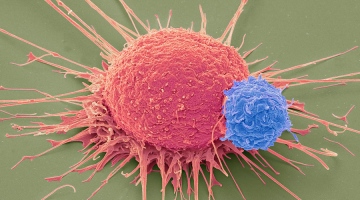
The world’s biggest science experiment may get more time and money for completion when nuclear officials convene on Wednesday in France.

A Senate subcommittee has passed a $34 billion budget for the NIH in 2017, which specifically allocates funds for advancing precision medicine research.

Some admire project's ambition; others say it hasn't justified its aims.
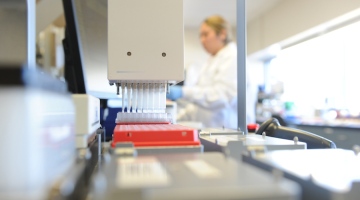
Half a billion dollars are being pledged to study the microbes in humans, crops, soils, oceans, and more.
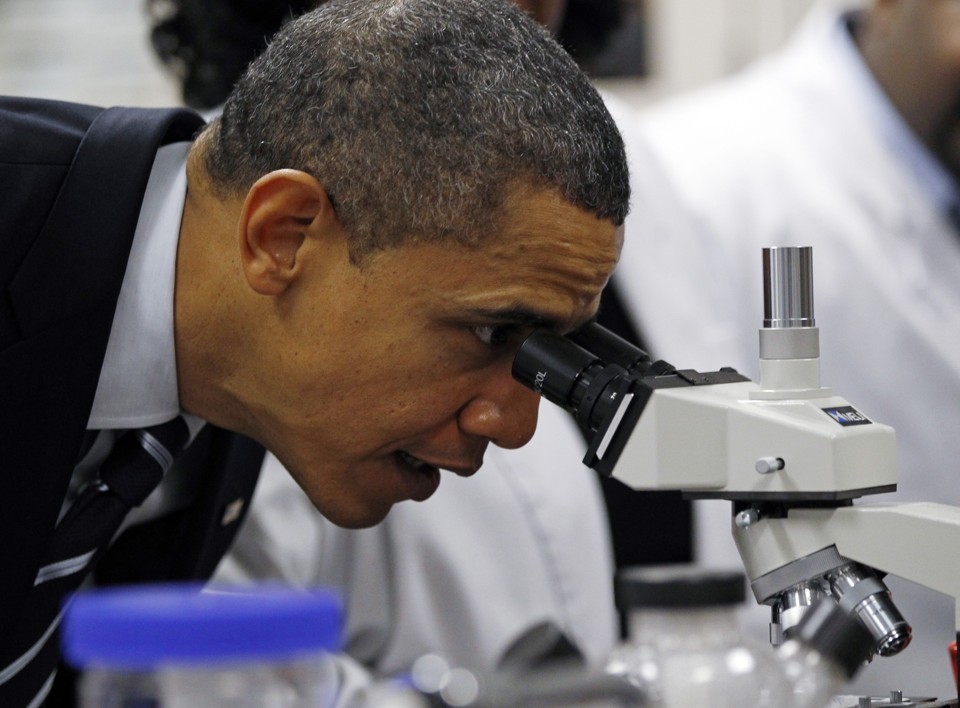
Document submitted to the Italian Senate criticizes institute that will oversee a €1.5-billion project.
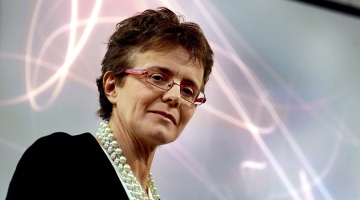
Billionaires are funding lots of grandiose plans. Welcome their ambition

The symposium “Personalized Health in the Digitial Age” brings together some of the world's thought leaders in the ongoing revolution in personalized and digital health.
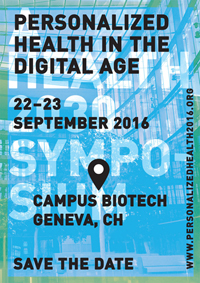
Commission announces new Flagship plan with little fanfare

A technology guru and cancer survivor has been tapped to head President Obama’s ambitious 1-million-person personalized medicine study.
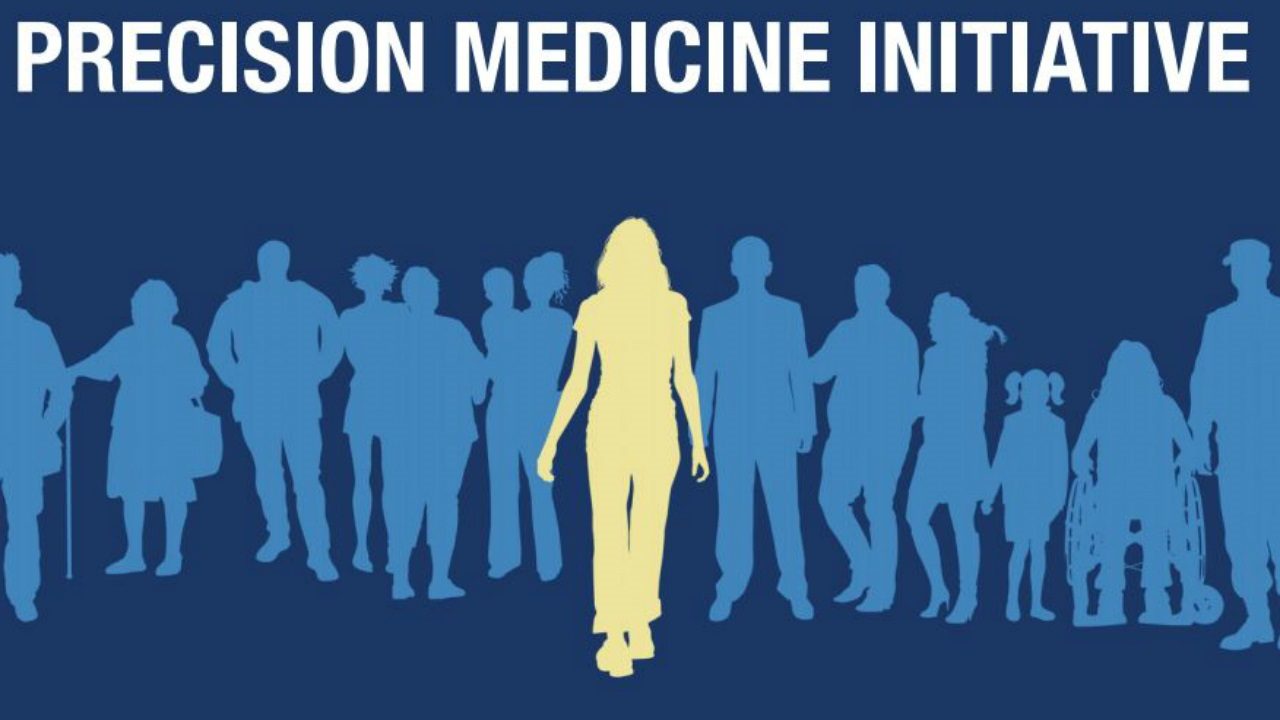
Human Brain Project asks wider neuroscience community to start using its hardware and software.

Too many medical trials move their goalposts halfway through. A new initiative aims to change that

Scientists in Europe face a dramatic reduction in neutrons beams for research within the next 5 to 10 years.
Early attempts to tailor disease treatment to individuals based on their DNA have met with equivocal success, raising concerns about a push to scale up such efforts.

Two new centers and four investigators selected by Paul Allen’s new funding group

Historic win by Google DeepMind's Go-playing program has South Korean government playing catch-up on artificial intelligence.

Apple announced today the launch of CareKit, a new open source software platform that allows people to develop their own health care apps.
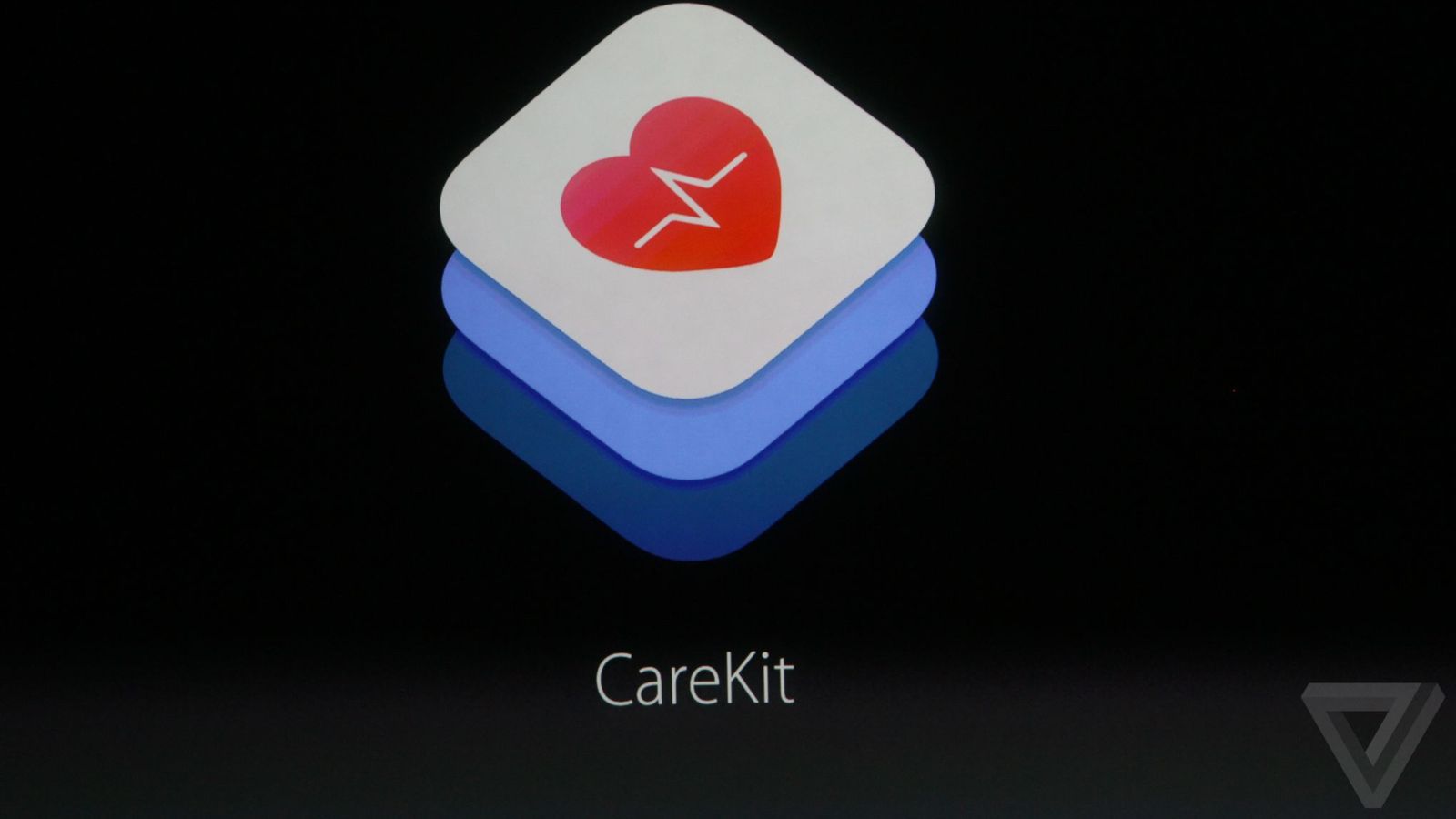
Mobile health apps are becoming more capable and potentially rather useful
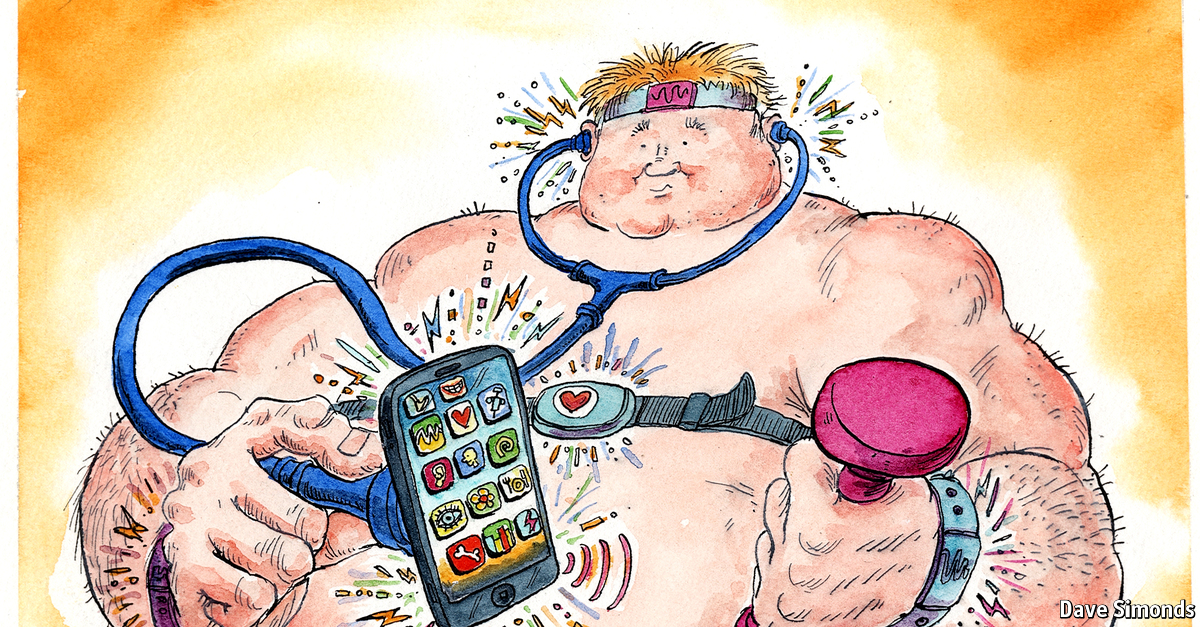
Large telescopes, particle accelerators and environmental stations are among the topics covered by the eight new research infrastructure projects that are announced today as part of the 2016 Roadmap for the European Strategy Forum on Research Infrastructures (ESFRI).
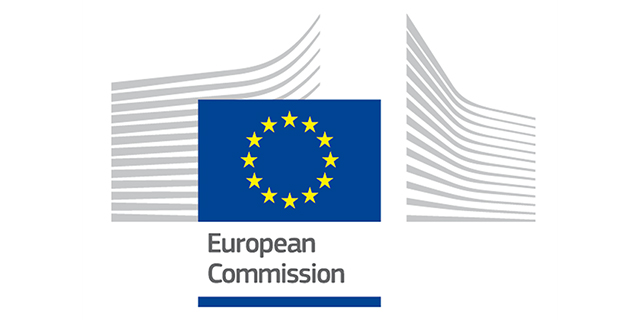
Intelligence project aims to reverse-engineer the brain to find algorithms that allow computers to think more like humans.

Some scientists the long-awaited paper of the Blue Brain Project, a 10-year program spearheaded by neuroscientist Henry Markram, as proof that the idea of modeling a brain and all of its components is misguided and a waste of money.
Two years in, a $1-billion-plus effort to simulate the human brain is in disarray. Was it poor management, or is something fundamentally wrong with Big Science?

[8]Editas, a company started by several gene-editing pioneers, gets new funding to develop treatments for blood cancers, eye diseases, and sickle-cell anemia.
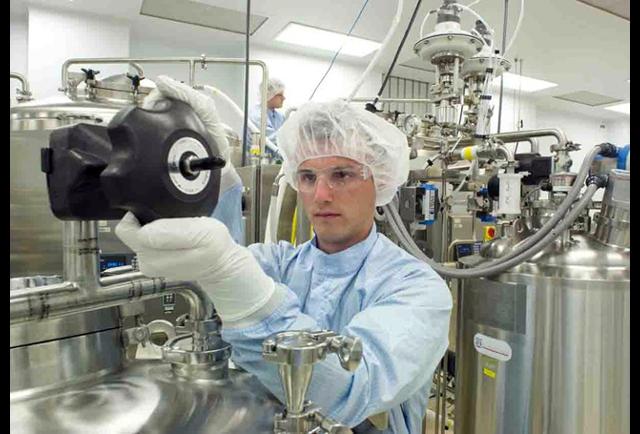
Massive study seeks to succeed where others failed, but faces tight deadline and questions about strategy.

The $3-million state initiative will coordinate with a national effort to promote individualized patient treatment.

Personal genetics firm 23andMe has revealed it is to launch a new drug discovery and development division.
The HBP should be remade into an international organization modeled on CERN or the EMBL in Heidelberg, says a panel formed to unite the neuroscience community.
In his hour-long State of the Union address Tuesday night, President Obama spent a few seconds announcing a "Precision Medicine Initiative," but did little to explain what he has in mind.